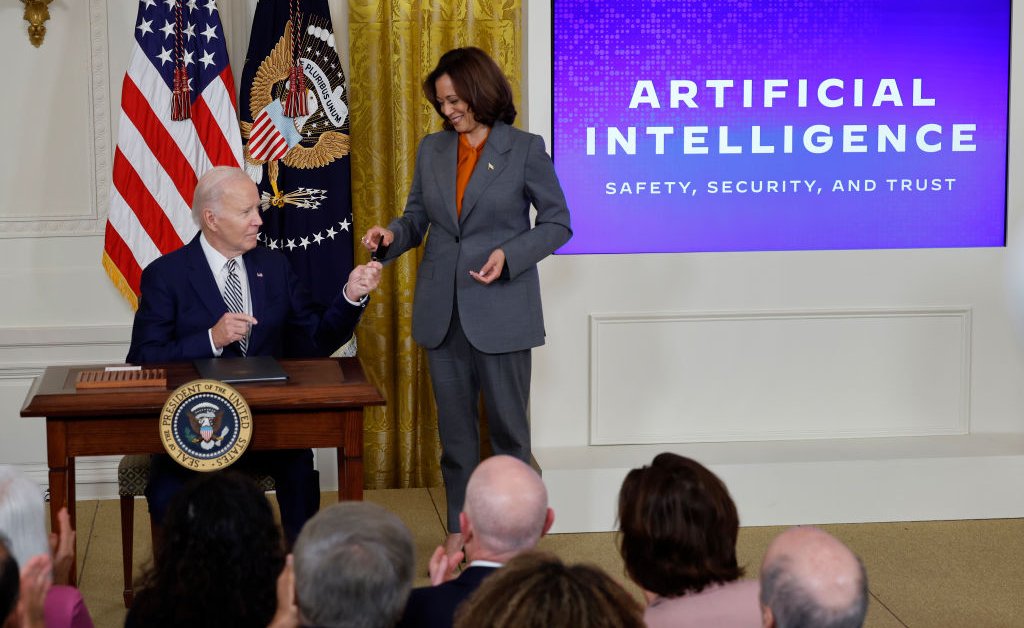A recent poll conducted by the AI Policy Institute revealed that a majority of American voters are hesitant to support the idea of rushing ahead to build more powerful artificial intelligence without any domestic regulations in place, in order to compete with China. This goes against the common narrative put forth by the tech industry, which argues that the U.S. must proceed cautiously with AI development to avoid falling behind their geopolitical rival. The poll shows that both Democrats and Republicans are in agreement that a controlled approach to AI, which prioritizes safety and national security, is preferable to speeding ahead in the AI race.
Specifically, the poll found that 75% of both Democrats and Republicans believe that it is important to take a careful approach to AI development, in order to prevent tools from falling into the hands of terrorists and foreign adversaries. There is also support for implementing stricter security measures at AI companies, as well as concerns about the risk of China stealing powerful AI models. Additionally, 50% of voters believe that the U.S. should use its advantage in the AI race to prevent any country from building a powerful AI system by enforcing safety restrictions and testing requirements, rather than rushing to outpace China.
The AI Policy Institute, which conducted the poll in late June, advocates for a more cautious approach to AI development. The findings suggest that there is skepticism among voters regarding the concept of “open-source” AI, where tech companies release their AI systems without restrictions. This indicates a preference for regulations that prioritize safety and national security over achieving a competitive advantage in the AI race. The poll highlights a bipartisan consensus on AI policy, with both Democrats and Republicans supporting the idea of placing limits on AI development.
Overall, the poll reveals that American voters are not in favor of rushing ahead to build more powerful AI without regulations in place, in order to compete with China. There is widespread support for a controlled approach to AI development, which prioritizes safety and national security over achieving a decisive advantage in the AI race. The findings suggest that voters are concerned about the potential risks associated with rapid AI development, such as the possibility of powerful AI falling into the wrong hands. This indicates a preference for regulations that aim to prevent such risks, rather than focusing solely on outpacing geopolitical rivals like China.









